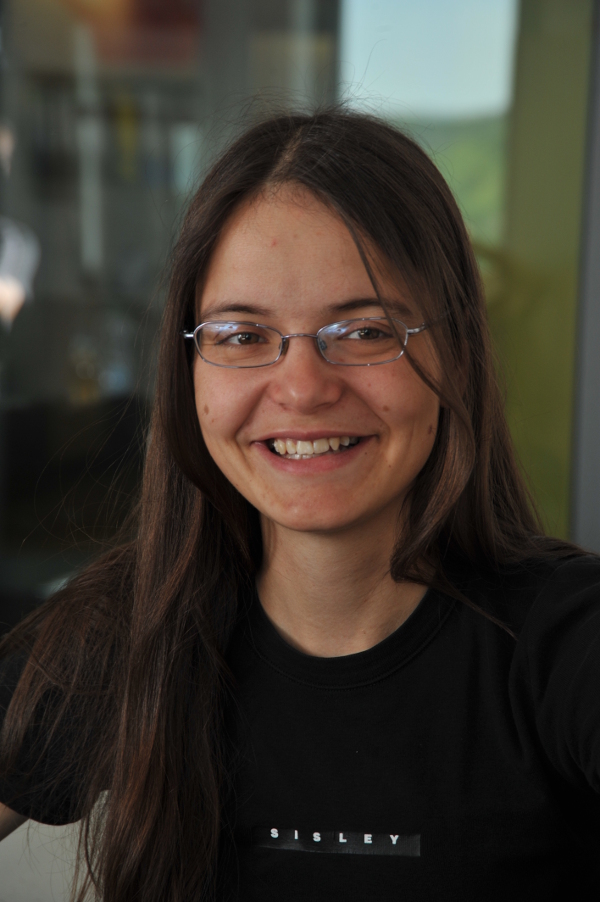Call for papers:
Invited Speakers
Opening talk: Creative AI through Evolutionary Computation
Risto Miikkulainen, University of Texas, USA
Date: 24 April, 09:45
 Abstract:
Abstract:
Last decade has seen tremendous progress in Artificial Intelligence (AI). AI is now in the real world, powering applications that have a large practical impact. Most of it is based on modeling what is already known, e.g. predicting what the right classification of an image or a language sequence might be. The next step for AI is machine creativity, e.g. designing engineering solutions are more complex, perform better, or at a lower cost than existing solutions. Evolutionary computation is likely to play a central role in future such AI. I will review several recent techniques and applications where evolutionary creativity improves upon best human solutions, including designing neural network architectures, web interfaces, and growth recipes for agriculture.
Bio: Risto Miikkulainen is a Professor of Computer Science at the University of Texas at Austin and Associate VP of Evolutionary AI at Cognizant. He received an M.S. in Engineering from Helsinki University of Technology (now Aalto University) in 1986, and a Ph.D. in Computer Science from UCLA in 1990. His current research focuses on methods and applications of neuroevolution, as well as neural network models of natural language processing and vision; he is an author of over 400 articles in these research areas. Risto is an IEEE Fellow, and his work on neuroevolution has recently been recognized with the Gabor Award of the International Neural Network Society and Outstanding Paper of the Decade Award of the International Society for Artificial Life.
Closing talk: The discovery of RNA evolution with long read sequencing methods
Manja Marz, Friedrich Schiller University Jena, Germany
Date: 26 April, 12:00
 Abstract:
Abstract:
Since more than a decade it is known that RNAs play a major role in basically all molecular processes o any cell. However the evolution of RNAs is not so easy to trace back due to their selection pressure on secondary structures instead of the nucleic acid sequence itself. In this talk we will understand the evolution of well known examples of conserved RNAs. But there have been a lot of mysterious RNA molecules of unknown shape and origin, which we will investigate during the talk by using newest sequencing methods, such as ONT Minion. This direct RNA sequencing technique reveals very long reads, which make it also possible to discover the evolution of whole genomes from RNA viruses.
Bio: Dr. Manja Marz is Full Professor for High Throughput Sequencing Analysis at the Faculty of Mathematics and Computer Science of the Friedrich Schiller University Jena, Germany and managing director of European Virus Bioinformatics Center. She studied Biology and Computer Science at the Universities in Edinburgh, Darmstadt and Leipzig, and received a Ph.D in Bioinformatics from the University of Leipzig. Dr. Marz is deputy editor of PLoS Computational Biology and Biology direct. Her main research interest are bioinformatic analysis and system biology of viruses, comparative genomics, as well as algorithmic bioinformatics and phylogenetic analysis. Apart from her scientific achievements, she is also a strong master of the board game Go and won the European Female Go Championship in 2017.
Important dates:
EXTENDED SUBMISSION DEADLINE: 12 November 2018
Notification: 14 January 2019
Camera-ready: 11 February 2019
Mandatory registration per paper: 28 February 2019 Early registration deadline: 15 March 2019
Late Breaking Abstracts: 10 April 2019
Registration deadline: 17 April 2019
EvoStar dates: 24-26 April 2019